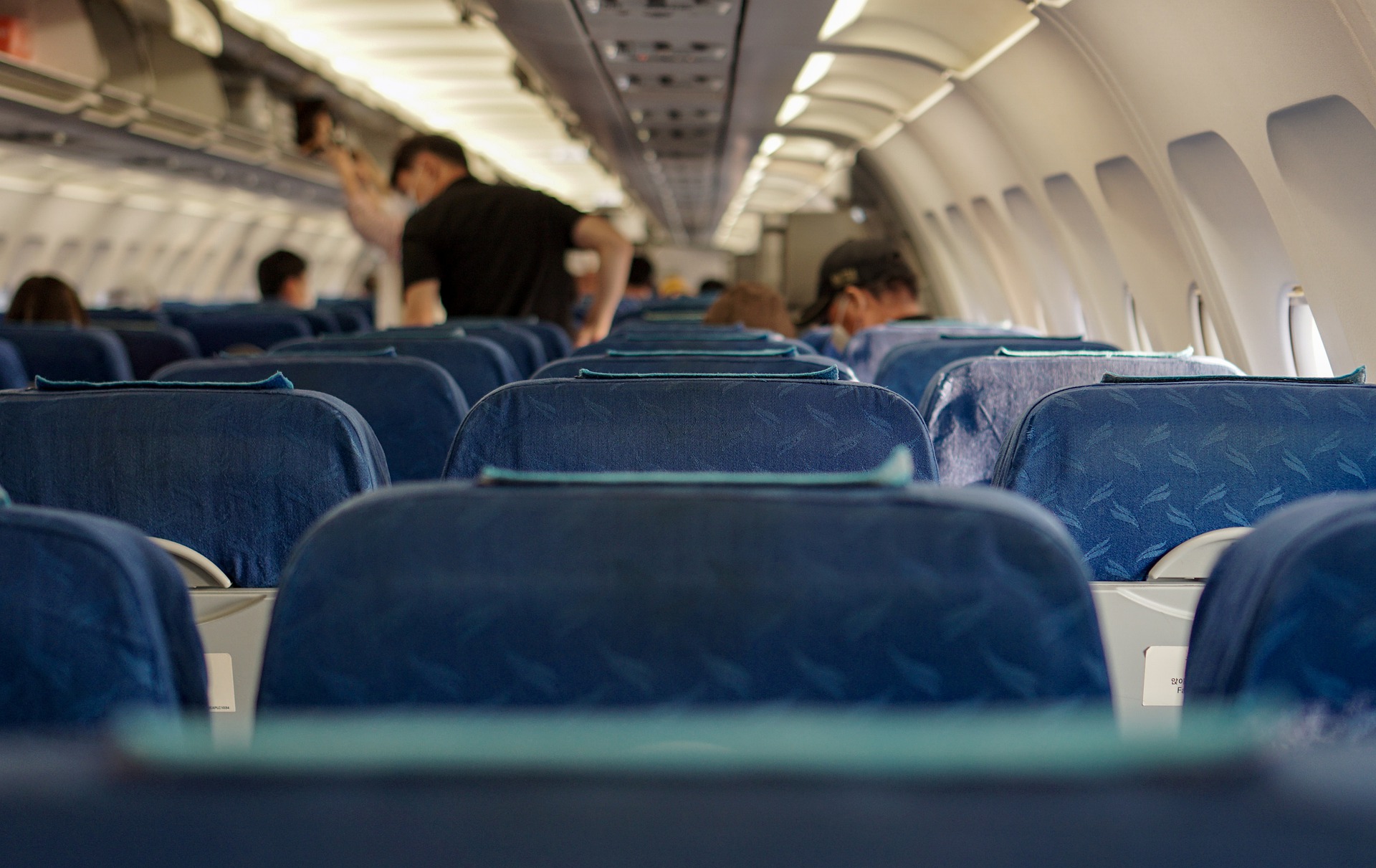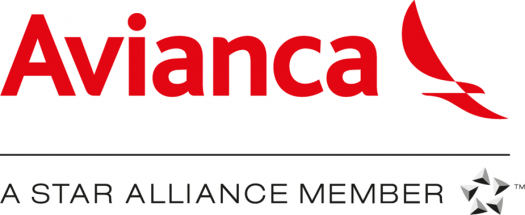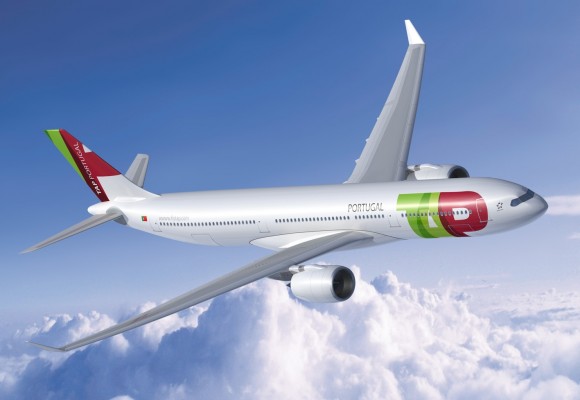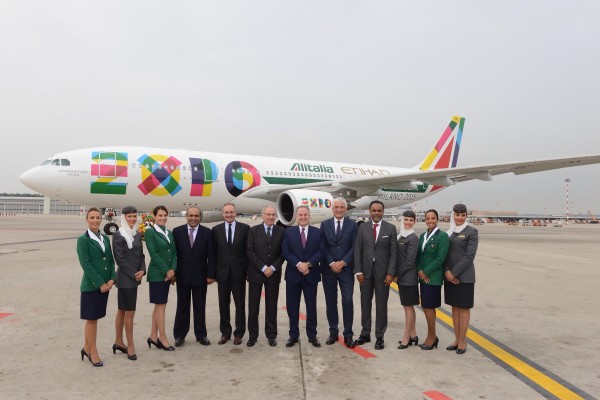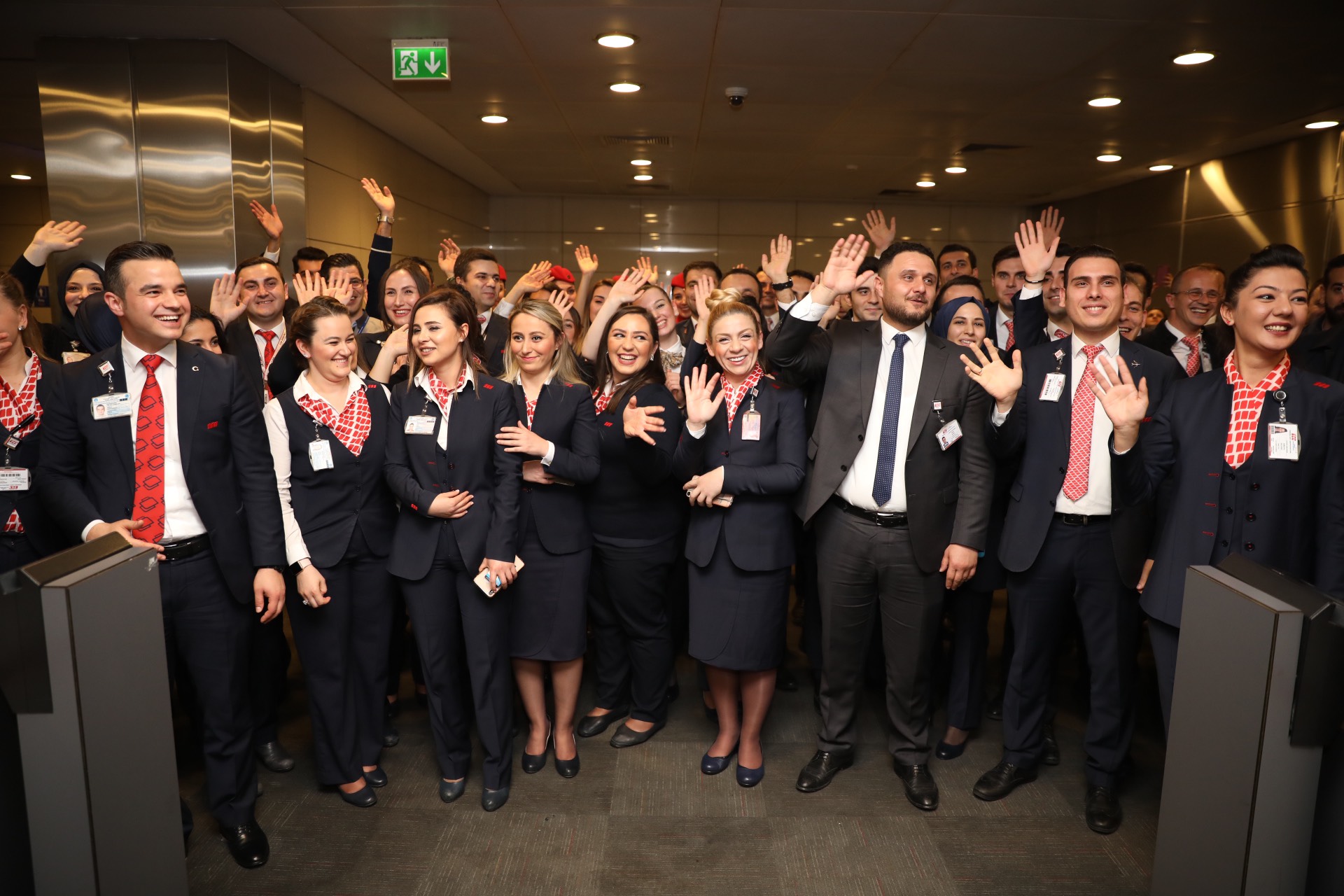Aviação
-
Air Europa Informa
-
IATA release – Demanda de carga em janeiro de 2020
Air Cargo Demand Down 3.3% in January 2020
04 March 2020 (Geneva) – The International Air Transport Association (IATA) released data for
global air freight markets showing that demand, measured in cargo tonne kilometers (*CTKs),
decreased by 3.3% in January 2020, compared to the same period in 2019.
” January marked the tenth consecutive month of year-on-year declines in cargo volumes. The
air cargo industry started the year on a weak footing. There was optimism that an easing of US-
China trade tensions would give the sector a boost in 2020. But that has been overtaken by the
COVID-19 outbreak, which has severely disrupted global supply chains, although it did not have
a major impact on January’s cargo performance. Tough times are ahead. The course of future
events is unclear, but this is a sector that has proven its resilience time and again,” said
Alexandre de Juniac, IATA’s Director General and CEO.
Cargo capacity, measured in available cargo tonne kilometers (ACTKs), rose by 0.9% year-on-
year in January 2020. Capacity growth has now outstripped demand growth for 21 consecutive
months.
It is unlikely that the COVID-19 outbreak had very much to do with January’s weak
performance. Lunar New Year in 2020 was earlier than in 2019. This skewed 2020 numbers
towards weakness as many Chinese manufacturers would be closed for the holiday period.
February performance will give a better picture of how COVID-19 is impacting global air cargo.
Regional Performance
Airlines in Asia-Pacific and Europe suffered sharp declines in year-on-year growth in total air
cargo volumes in January 2020, while North American and Middle East carriers experienced a
more moderate decline. Latin America and Africa were the only regions to record growth in air
freight demand compared to January 2019.
Asia-Pacific airlines saw demand for air cargo contract by 5.9% in January 2020, compared to
the year-earlier period. This was the sharpest drop in freight demand of any region for the
month. Capacity growth was flat. Seasonally-adjusted cargo demand rose slightly however,
following the thawing of US-China trade relations. The impact from COVID-19 is expected to
affect February’s performance.
North American airlines saw demand decrease by 1.3% in January 2020, compared to the
same period a year earlier. Capacity increased by 3.4%. Seasonally-adjusted cargo demand
rose slightly however, amid a more supportive operating environment and following the thawing
of US-China trade relations.
European airlines posted a 3.7% decrease in cargo demand in January 2020 compared to the
same period a year earlier – more than double the 1.3%% drop in year-on-year demand in
December. Seasonally-adjusted demand also dropped sharply, disrupting the positive trend that
started mid-2019. Capacity decreased by 3.0% year-on-year.
Middle Eastern airlines’ cargo volumes decreased 1.4% in January 2020 compared to the
year-ago period. Capacity increased by 2.9%. Against a backdrop of operational and
geopolitical challenges facing some of the region’s key airlines, seasonally-adjusted freight
volumes ticked down in January, but a modest upwards trend has been sustained. However,
given the Middle East’s position connecting trade between China and the rest of the world, the
region’s carriers have significant exposure to the impact of COVID-19 in the period ahead.Latin American airlines experienced an increase in freight demand in January 2020 of 1.4%
compared to January 2019 – reversing the 2.5% decrease in December. Seasonally-adjusted
freight volumes in the region also ticked upwards, underpinned by new route connections, which
is a positive development for the region’s carriers. Capacity increased by 2.4% year-on-year.
African carriers posted the fastest growth of any region for the 11 th consecutive month in
January 2020, with an increase in demand of 6.8% compared to the same period a year earlier.
Growth on the smaller Africa-Asia trade lanes (up 12.4% in 2019) contributed to the positive
performance. Capacity grew 5.9% year-on-year.- IATA –
For more information, please contact:
Corporate Communications
Tel: +41 22 770 2967
Email: corpcomms@iata.orgNotes for Editors:
Please note that as of January 2020 onwards, we have clarified the terminology of the
Industry and Regional series from ‘Freight’ to ‘Cargo’ (the corresponding metrics being
FTK (change to ‘CTK’), AFTK (change to ‘ACTK’), and FLF (change to ‘CLF’)), in order
to reflect that the series have been consisting of Cargo (Freight plus Mail) rather than
Freight. The data series themselves have not been changed. Airline individual data
retain the FTK metric.
IATA (International Air Transport Association) represents some 290 airlines comprising
82% of global air traffic.
You can follow us at twitter.com/iata for announcements, policy positions, and other
useful industry information.
Explanation of measurement terms:
o CTK: cargo tonne kilometers measures actual freight traffic
o ACTK: available cargo tonne kilometers measures available total freight capacity
o CLF: freight load factor is % of ACTKs used
IATA statistics cover international and domestic scheduled air freight for IATA member
and non-member airlines.
Total freight traffic market shares by region of carriers in terms of CTK are: Asia-Pacific
34.5%, Europe 23.6%, North America 24.3%, Middle East 13.0%, Latin America 2.8%,
and Africa 1.8%. -
Nova Classe Business Air Europa
-
Air Europa Informa
-
IATA release – Companhias aéreas e correios cooperam globalmente para criar rede de correio aéreo internacional sustentável e confiável
A Associação Internacional de Transporte Aéreo (IATA) e a International Post Corporation (IPC) assinaram hoje um Memorando de Entendimento (MoU) para reforçar a cooperação entre as duas organizações. O objetivo da IATA e do IPC é promover o desenvolvimento e a expansão de serviços de correio aéreo e carga aérea seguros, protegidos, acessíveis e de alta qualidade para ajudar seus respectivos membros a fornecer soluções de qualidade alinhadas às necessidades dos consumidores.
NEWS
No: 06
Airlines and Posts Cooperate Globally for a Sustainable
and Reliable Cross-border Airmail Network
18 February 2020 (Geneva) –The International Air Transport Association (IATA) and the
International Post Corporation (IPC) have today signed a Memorandum of Understanding
(MoU) to reinforce cooperation between the two organizations. The aim for both IATA and
IPC is to promote the development and expansion of safe, secure, accessible and high-
quality airmail and air cargo services to help their respective members provide quality
solutions aligned to consumer needs.
“International e-commerce is growing at around 20% per year, leading to rapidly changing
market conditions for airlines and posts. Ensuring customers get their packages on time
while safety and security in postal air transport is maintained is the main priority for posts and
air transport operators alike. Cooperation across the supply chain is a must and our MoU
with IPC is an important step toward strengthening our activity in this area,” said IATA’s
Director General and CEO, Alexandre de Juniac.
“For more than 10 years, the cooperation between airlines and postal operators has
enhanced processes and increased visibility of airmail transport. With this agreement, we
want to further strengthen our ties and identify further opportunities for cooperation and joint
developments. Both of our sectors can win from a reinforced cooperation in terms of
competitiveness and quality of service. Ultimately, this agreement will benefit consumers
through more reliable and faster delivery of cross-border mail and packets transported by
air,” said Holger Winklbauer, CEO of IPC.
IATA and IPC intend to work together on seven specific areas:- Improving the security, handover, carriage, delivery and settlement of airmail
between postal operators and air carriers. This includes e-commerce, economic and
commercial matters. - Developing and maintaining industry standards and procedures as well as services
and solutions for both physical flows and electronic data interchange relating to
airmail. - Aligning existing services and solutions, along with developing new ones to ensure
harmonized compatibility and efficient application of resources. - Finding technology-based standards and solutions for piece level tracking in airmail.
- Addressing volumetric challenges, through initiatives such as Air Packet Box, and
allocation and booking procedures for airmail. - Developing regional onboarding initiatives and global campaigns on airmail process
optimization and standardization. - Improving the involvement of ground handlers and other industry stakeholders on
matters concerning airmail.
-IATA-
For more information, please contact:
Corporate Communications
Tel: +41 22 770 2967
Email: corpcomms@iata.org
Notes for editors:
IATA (International Air Transport Association) represents some 290 airlines
comprising 82% of global air traffic.
You can follow us at https://twitter.com/iata for announcements
About International Post Corporation
International Post Corporation (IPC) is the leading service provider of the global postal
industry that provides leadership by driving service quality, interoperability and business-
critical intelligence to support posts in defending existing business and expanding into new
growth areas. It is a cooperative association of 25 member postal operators in Asia Pacific,
Europe and North America. IPC’s solutions and services are used by over 180 posts
worldwide. Since 1989 IPC has set standards for upgrading quality and service performance
and developed technological solutions that help members enhance service for international
letters, packets and parcels. IPC engages in industry research, creates business-critical
intelligence, provides a range of platforms and programmes for member post CEOs and
senior management to exchange best practices and discuss strategy. IPC also manages the
system for incentive-based payments between postal operators.
For further information, please contact:
Eva Wouters
Communications manager, PR and media relations
International Post Corporation
+32 2 724 71 91
eva.wouters@ipc.be - Improving the security, handover, carriage, delivery and settlement of airmail


